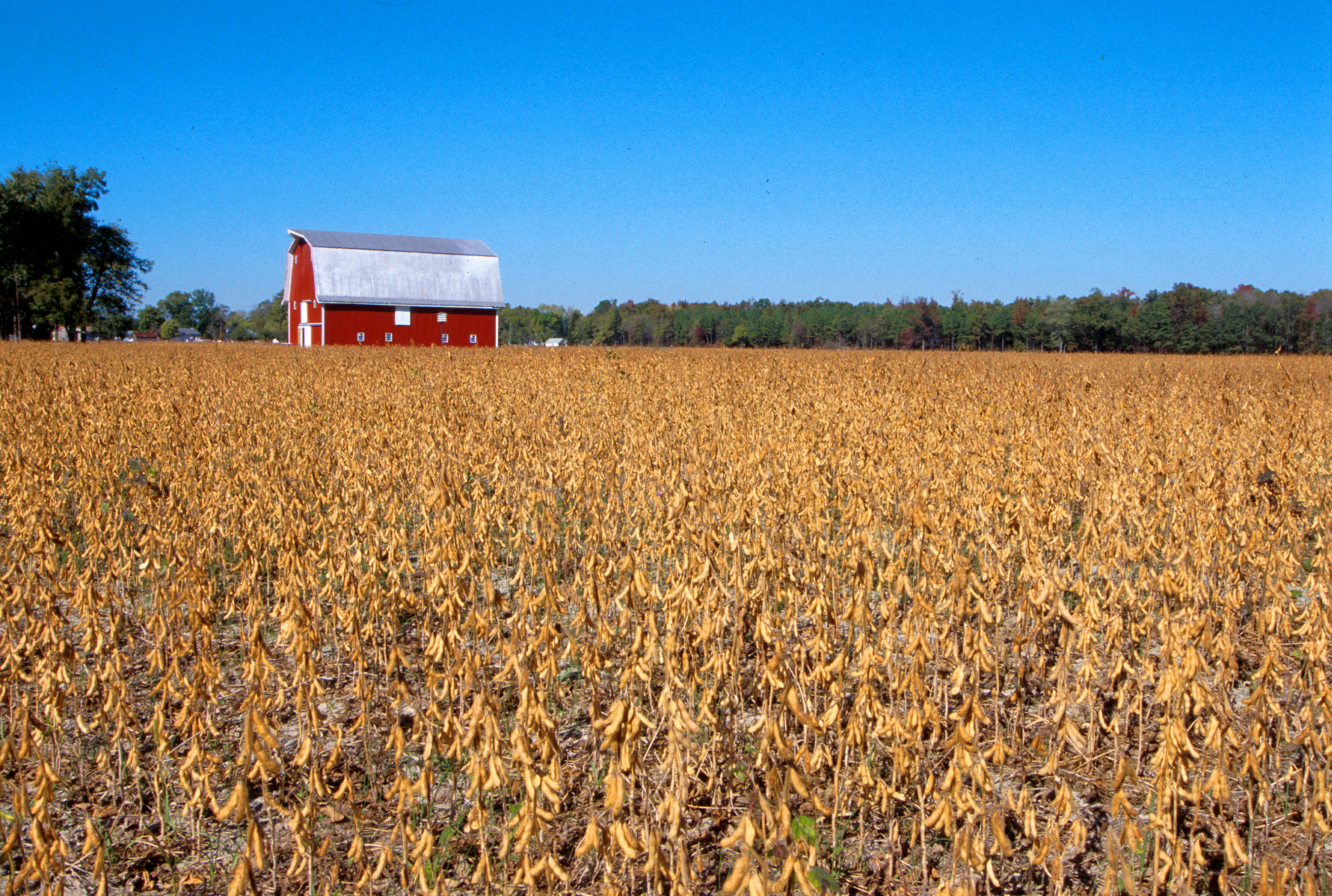While I prepare to toss part two of my own humble contribution onto the biofuel bonfire, pop on over to Biopact for a long analysis of Grist magazine’s recent series on biofuels. Biopact does a decent job of expanding Grist’s debate beyond North America. The whole “debate” seems to be doing a better job of generating hot air than biofuels at the moment, but out of this, I hope, only good can eventually emerge. Biofuel from biomass is not a panacea, but if sensibly embraced the idea could bring multiple benefits.
Biomass and bio-energy
We alluded last week to a new paper showing that prairie grasses are a far better source of biomass for energy than anything else currently around. There’s obviously a lot to be said, but rather than clutter up the pages here (our goal is two longer articles a month) I decided to use my own blog to publish a slightly closer look at bio-energy and to link from here to there. So what are you waiting for, go on over and read it. I’ll add links to the other parts as I publish them there.
Legume to remove nitrogen
 I’m still trying to get my head round this one. USDA scientists are developing a soybean variety (which they stress is not genetically modified) bred to remove nitrogen from the land.
I’m still trying to get my head round this one. USDA scientists are developing a soybean variety (which they stress is not genetically modified) bred to remove nitrogen from the land.
The variety does not develop nodules, the little bumps on the root that house nitrogen-fixing bacteria. Now those nitrogen-fixing bacteria are one of the best reasons to plant legumes, because they boost soil fertility. Why would you want a legume that did not? So that animal producers could use it to solve their waste problem. I expect it makes sense in the hyper-specialized world that the USDA serves but, as I said, I’m having a little trouble with the idea.
Photo of soybean field courtesy of USDA.
Oil palms and diversity
It is an article of faith that intensive monocultures of genetically uniform plants are bad for biodiversity, wild and agricultural. So news that Malaysia is putting some money into a “Palm Oil Wildlife Conservation Fund to promote ideas and proposals to enhance biodiversity linked to palm oil production worldwide” is welcome. The fund will seek to promote sustainable practices and to make more use of the production of palm oil plantations, in addition to boosting biodiversity in and around plantations. There’s also talk of using palm oil to produce biofuels, a hot topic at the CGIAR Annual General Meeting.
Ethiopian coffee controversy update
Kathryn over at Blogging Biodiversity rounds up the latest on Starbucks vs Ethiopia here.